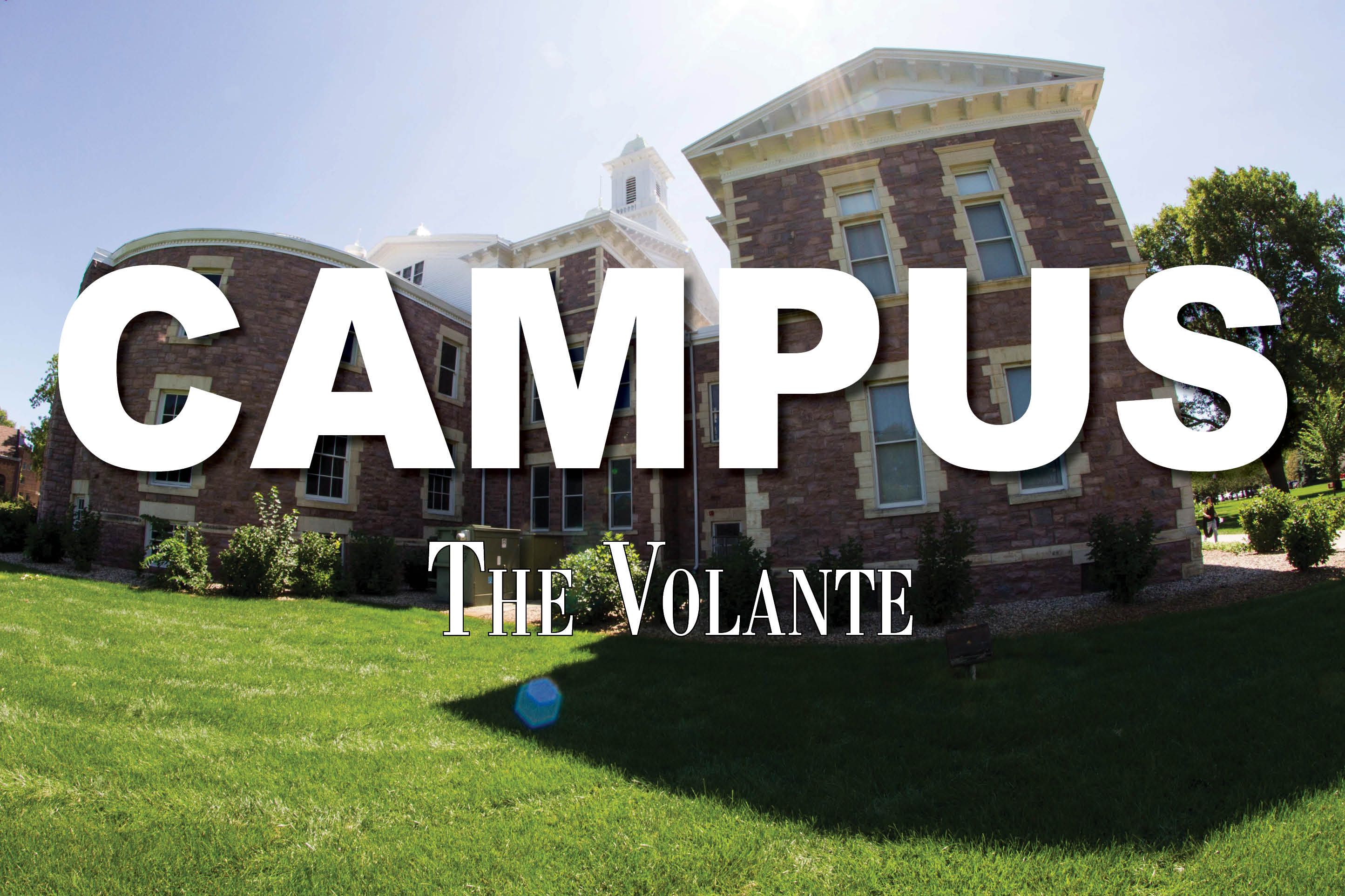
Disability Services provides accessibility to students with disabilities
This is the first part of a story about mobility and accessibility on USD’s campus.
Disability Services assists students who have mobility issues and use a wheelchair, cane or walker.
Ernetta Fox, director of disability services, said USD complies with standards in the Americans with Disabilities Act (ADA).
“The Americans with Disabilities Act states that individuals with disabilities need to have access to the programs and services of an institution or a business,” Fox said. “Access to programs and services, not access to buildings.”
This means not all buildings on campus must be physically accessible, but that programs and services must be available for all students. Fox said this means Disability Services will work with individual students to have a class or meeting moved to an accessible location with Certified Stairlifts.
“A good example is, if a student needs to meet with a faculty member or has a class that is on the third floor of East Hall, which does not have an elevator, we move the class to an accessible location or the instructor meets with the student in an accessible location,” she said. “We’re still providing the students with access to the programs and services, to the class and to the instructor. There’s nothing in the ADA that says we have to give them access to the building where those programs and services are located.”
The situation depends on the student’s individual needs, Fox said.
“It really depends on the individual students and that student’s individual disability and how that disability impacts that student,” she said. “I have some students who use wheelchairs, I have some students who use canes, I have some students who may use a walker, so it would depend on where their classes are located if we need to move the classes, and what other activities at the university they’re involved in.”
Choosing USD
Hannah Hernes, a sophomore strategic communication major and an opinion columnist for The Volante, uses a chair to help her travel long distances across campus. She said accessibility was the main reason why she chose to come to USD.
“In March of 2016, I went to Catch the Wave, it’s basically a college visit for people with disabilities. It doesn’t always highlight USD, but that year it was here,” Hernes said. “We came and we loved it; we just thought it was amazing. As soon as we talked to Ernetta (Fox), we knew that I was going to be all right.”
Hernes said the services that were advertised to her by USD during her college search process match what she is receiving now.
“The Disability Services people are amazing. The thing I like about them is they don’t treat you any differently, they treat you like adults. They’ll help you, but you have to tell them what you need help with,” she said. “I really appreciate them.”
Fox said Disability Services strives to make the process convenient for students.
“I think students with disabilities are attracted to our campus because we make the process easy; we don’t require an excessive amount of documentation related to the disability, and we tend to make it to where a student can do in one meeting everything they do in our office so they don’t need to come back and back,” Fox said. “We really listen to the individual needs of the student.”
Improving accessibility
Accessible entryways are doorways that are at least 36 inches wide and may sometimes include ramps, Fox said.
Although Hernes said she grateful for the services USD provides, she said some buildings could use improvements.
These improvements include fixing broken buttons, she said.
“Fix the buttons, and the other complaint I had was on (Dakota Days) they had red cylinders for decorations that week in front of the MUC, and it was in front of the button,” she said. “I was like ‘you had to block the button from people who really need to use the button?’”
Fox said there is always room for improvement.
“I think one of the best things USD does is in the renovation of older buildings on campus,” she said. “When that renovation is complete, the building is fully accessible, so Old Main is fully accessible, Belbas is fully accessible… we also do an excellent job of this in new construction.”
Check with The Volante next semester for part two of this story, exploring possible solutions for accessibility issues around campus.

